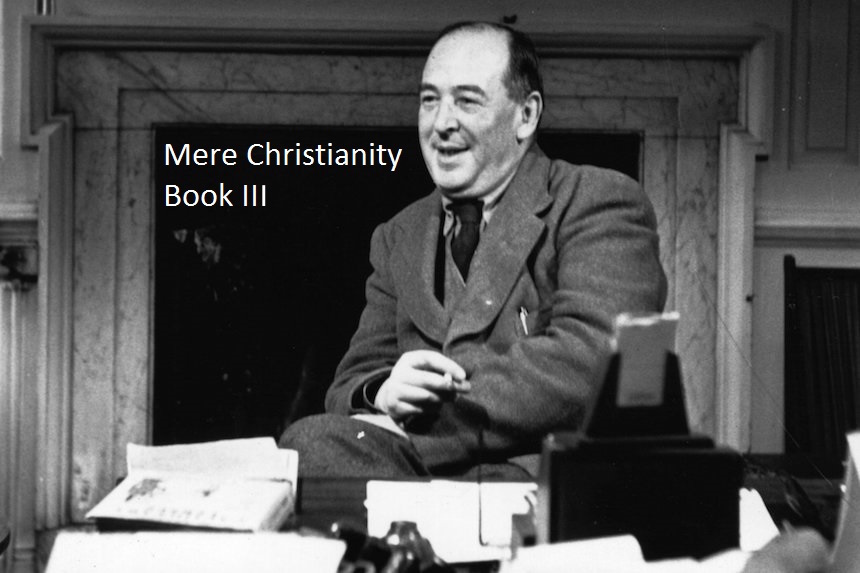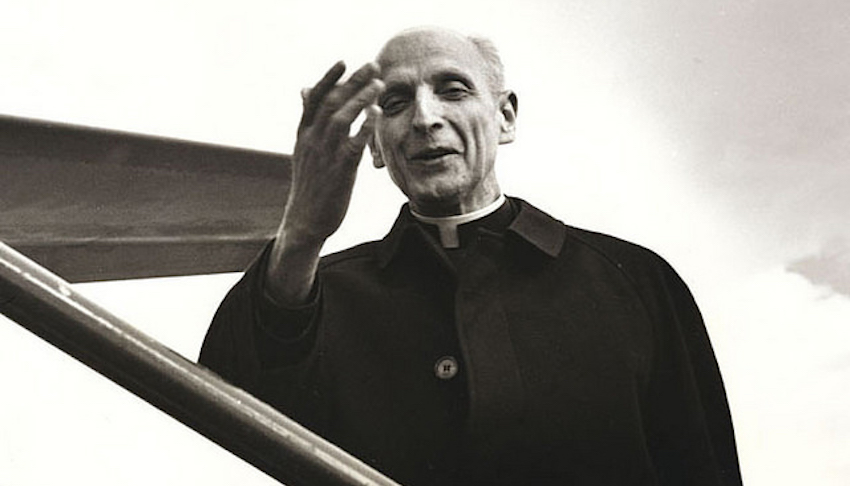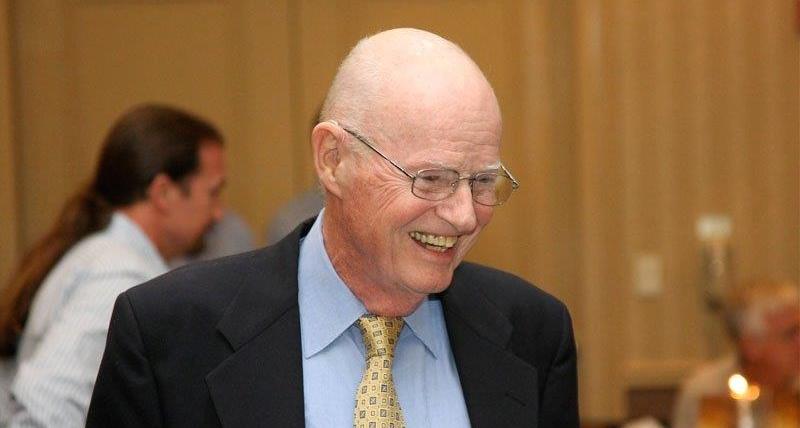Mere Christianity – Book III – Chapter 9 (“Charity”)


Picking back up my notes for C.S. Lewis’ “Mere Christianity”…
Notes & Quotes
1. “Charity” has a broader meaning than its current usage.
“‘Charity’ now means simply what used to be called ‘alms’ – that is, giving to the poor. Originally it had a much wider meaning… Charity means “Love, in the Christian sense.” But love, in the Christian sense, does not mean an emotion. It is a state not of the feelings but of the will; that state of the will which we have naturally about ourselves, and must learn to have about other people”
2. Charity is distinct from affection
“I pointed out in the chapter on Forgiveness that our love for ourselves does not mean that we like ourselves. It means that we wish our own good. In the same way Christian Love (or Charity) for our neighbours is quite a different thing from liking or affection”
(a) Affection can aid charity
“Natural liking or affection for people makes it easier to be “charitable” towards them. It is, therefore, normally a duty to encourage our affections – to “like” people as much as we can (just as it is often our duty to encourage our liking for exercise or wholesome food) – not because this liking is itself the virtue of charity, but because it is a help to it”
(b) However, affection can be an obstacle to charity
“…it is also necessary to keep a very sharp look-out for fear our liking for some one person makes us uncharitable, or even unfair, to someone else. There are even cases where our liking conflicts with our charity towards the person we like. For example, a doting mother may be tempted by natural affection to ‘spoil’ her child; that is, to gratify her own affectionate impulses at the expense of the child’s real happiness later on”
3. Feelings and actions are separate, but related
(a) Acts of charity nurture affection
“The rule for all of us is perfectly simple. Do not waste time bothering whether you ‘love’ your neighbour; act as if you did… When you are behaving as if you loved someone, you will presently come to love him”
Our motivation will affect the result:
(i) Expecting Gratitude
“If you do him a good turn, not to please God and obey the law of charity, but to show him what a fine forgiving chap you are, and to put him in your debt, and then sit down to wait for his ‘gratitude,’ you will probably be disappointed….”
(ii) Loving another “self”
“But whenever we do good to another self, just because it is a self, made (like us) by God, and desiring its own happiness as we desire ours, we shall have learned to love it a little more or, at least, to dislike it less”
(b) Acts of hate nurture hate
“This same spiritual law works terribly in the opposite direction. The Germans, perhaps, at first ill-treated the Jews because they hated them: afterwards they hated them much more because they had ill-treated them. The more cruel you are, the more you will hate; and the more you hate, the more cruel you will become-and so on in a vicious circle for ever”
3. Acts of love and hate have compound interest
“Good and evil both increase at compound interest. That is why the little decisions you and I make every day are of such infinite importance. The smallest good act today is the capture of a strategic point from which, a few months later, you may be able to go on to victories you never dreamed of. An apparently trivial indulgence in lust or anger today is the loss of a ridge or railway line or bridgehead from which the enemy may launch an attack otherwise impossible”
4. What should we do if we don’t love God?
(a) Do it anyway
“[People] are told they ought to love God. They cannot find any such feeling in themselves. What are they to do? The answer is the same as before. Act as if you did. Do not sit trying to manufacture feelings. Ask yourself, ‘If I were sure that I loved God, what would I do?’ When you have found the answer, go and do it”
(b) God does not mainly care about feelings, but our will
“Nobody can always have devout feelings: and even if we could, feelings are not what God principally cares about. Christian Love, either towards God or towards man, is an affair of the will. If we are trying to do His will we are obeying the commandment, “Thou shalt love the Lord thy God.” He will give us feelings of love if He pleases. We cannot create them for ourselves, and we must not demand them as a right. But the great thing to remember is that, though our feelings come and go, His love for us does not. It is not wearied by our sins, or our indifference; and, therefore, it is quite relentless in its determination that we shall be cured of those sins, at whatever cost to us, at whatever cost to Him”
Discussion Questions
1. What is “charity”?
2. How is charity related to and distinct from affection?
3. Why does Jack say that love and hate have “compound interest”?
4. What should we do if we don’t have feelings of love towards God? Why?
C.S. Lewis Doodle
No doodle!
 A few days ago I shared a video of St. Teresa of Calcutta and so I thought I’d share a video of one of my other favourite Saints, St. Josemaria, the founder of the Opus Dei.
A few days ago I shared a video of St. Teresa of Calcutta and so I thought I’d share a video of one of my other favourite Saints, St. Josemaria, the founder of the Opus Dei.



